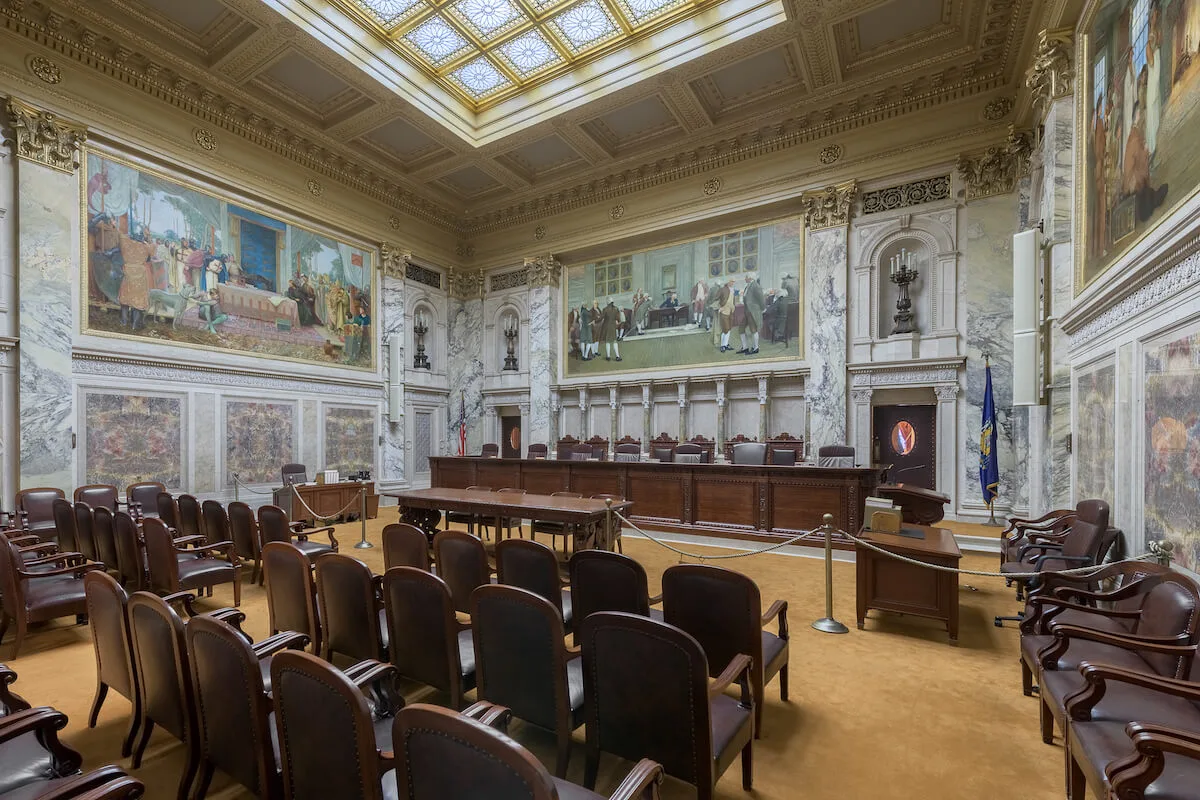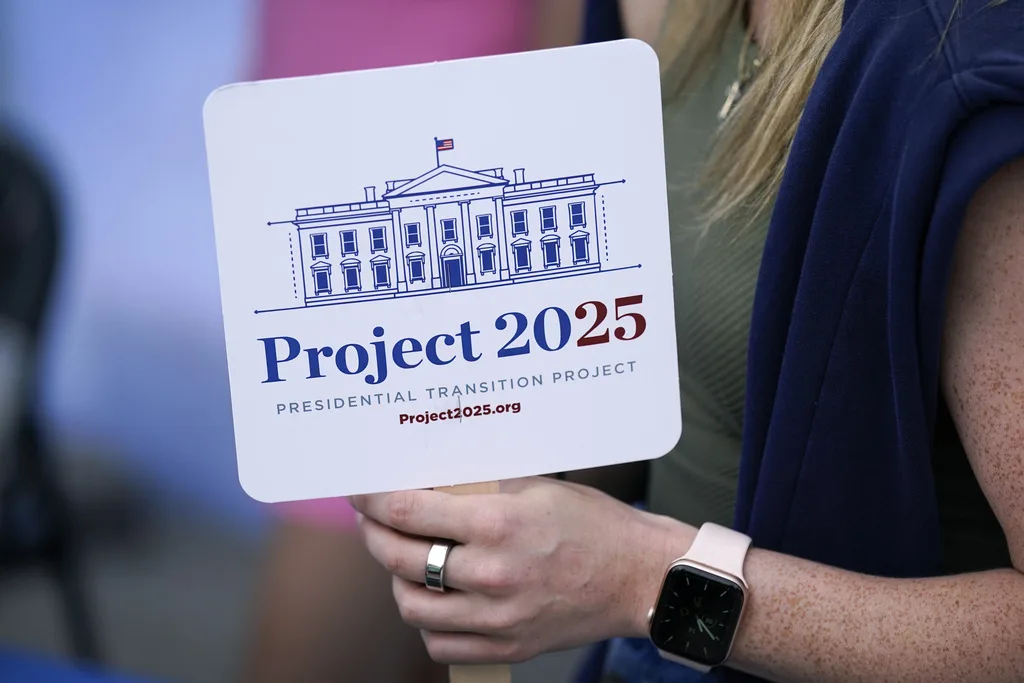
#image_title
#image_title
The state’s high court denied a request that would have seen it automatically take up presumed lawsuits in this year’s redistricting process.
The Wisconsin Supreme Court on Friday denied a proposed rule change from Wisconsin’s top Republicans that would have seen the state’s high court automatically take up any legal challenges that arise as the state’s political boundaries are redrawn.
If the court had implemented the rule change, any lawsuits filed in the state’s upcoming redistricting battle would have bypassed federal courts and gone straight to the conservative-controlled Supreme Court.
“As drafted, the procedures proposed in this administrative rule petition are unlikely to materially aid this court’s consideration of an as yet undefined future redistricting challenge,” the court wrote in an unsigned opinion, adding the decision simply means it won’t automatically take up challenges, not that it will bar itself from hearing them. No justice noted a dissent.
The Wisconsin Institute for Law and Liberty (WILL), a conservative legal group, initially sought the change. The change was also supported by Assembly Speaker Robin Vos, Senate Majority Leader Devin LeMahieu, all of Wisconsin’s Republican US House representatives, former Assembly Speaker Scott Jensen, the conservative Institute for Reforming Government, and Wisconsin Manufacturers and Commerce, the state’s largest business lobby.
The Republican-controlled Legislature is charged with drawing new political maps based on new US Census figures, but the process this year is almost guaranteed to end up in court because Democratic Gov. Tony Evers is likely to veto the maps Republicans pass.
RELATED: Judge Stops GOP Lawyering Up For Gerrymandering Fight That Hasn’t Happened Yet
The Republicans who requested the change likely figured taking challenges directly to the Supreme Court, which generally rules in their favor, would give them a better chance to pass new maps that enable them to keep their hold on the Assembly and Senate for another decade through a process known as gerrymandering.
In a statement, WILL President Rick Esenberg hinted he will still try to get a suit in front of the court, saying justices “made clear that rejection of the rule does not mean the Court will reject its jurisdictional role with respect to redistricting.”
Fair maps advocates rejoiced at the court’s ruling.
“The State Supreme Court has made the right decision in denying the effort to rig the map-drawing process through a ridiculously partisan proposed rule,” said Sachin Chheda, director of the Fair Elections Project, in a statement. “The Legislature should now commit to an open, honest, transparent, and fair process to draw and approve district maps for the next decade. The people deserve nothing less.”
During a January hearing, an attorney for Wisconsin’s Republican US House delegation argued the change was needed because it would ensure the state’s new maps were drawn with the least changes possible.
Republicans’ 2011 gerrymander of Wisconsin is commonly thought to be one of the most effective uses of the method ever seen, as they won 63 of the Assembly’s 99 seats in 2018 despite receiving less than 45% of the vote.
Politics

6 terrifying things that could happen if the Comstock Act is used to target abortion
Does 1873 sound like a really, really long time ago? Well, that’s because it is—but if Republicans and far-right anti-abortion activists have their...

Opinion: Many reasons why young adults should refuse to let Republicans kill the Affordable Care Act
In this op-ed, University of Wisconsin Medical School student, Samantha Crowley, shares the importance of young adults protecting the Affordable...
Local News

Stop and smell these native Wisconsin flowers this Earth Day
Spring has sprung — and here in Wisconsin, the signs are everywhere! From warmer weather and longer days to birds returning to your backyard trees....

Your guide to the 2024 Blue Ox Music Festival in Eau Claire
Eau Claire and art go hand in hand. The city is home to a multitude of sculptures, murals, and music events — including several annual showcases,...



